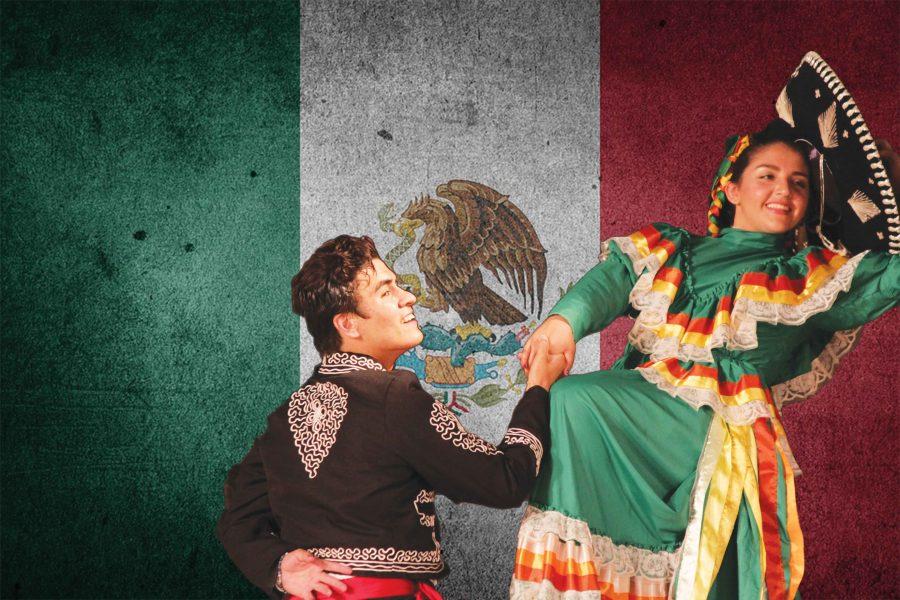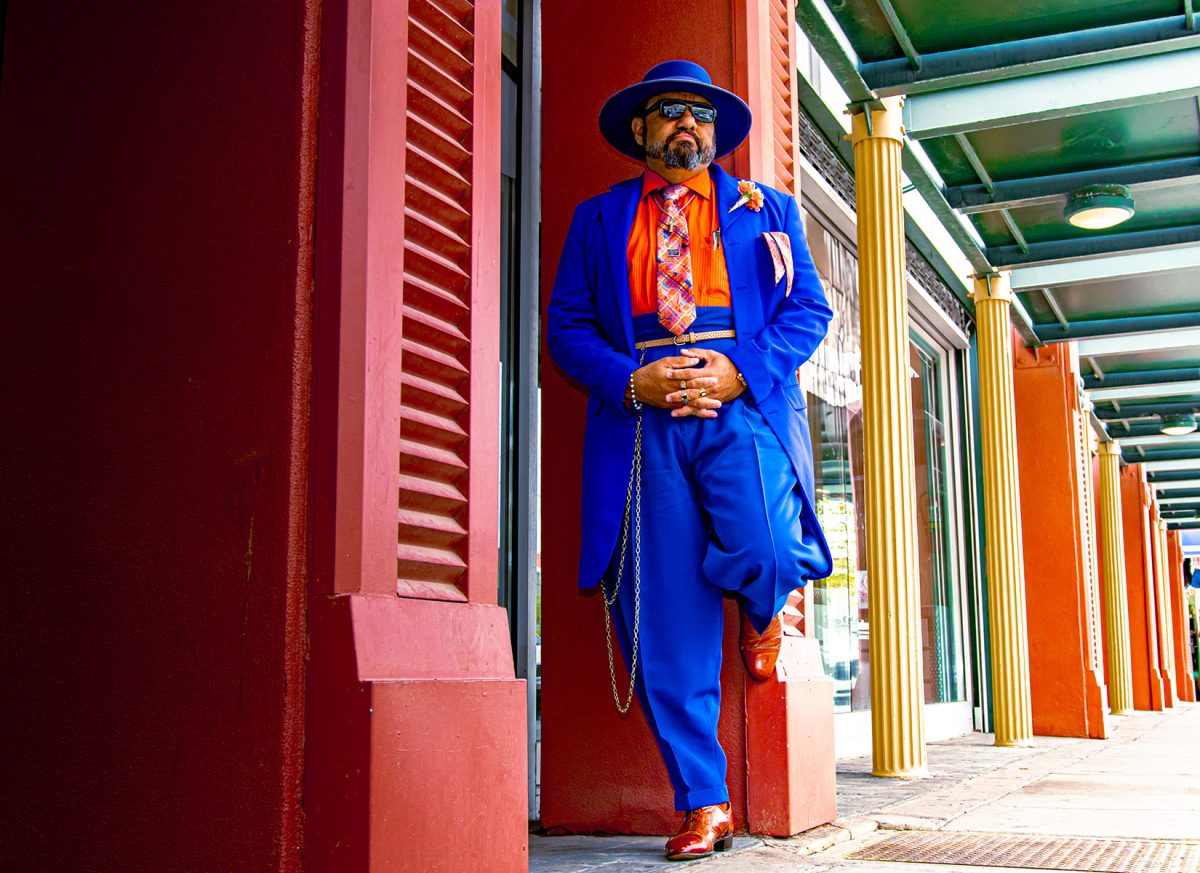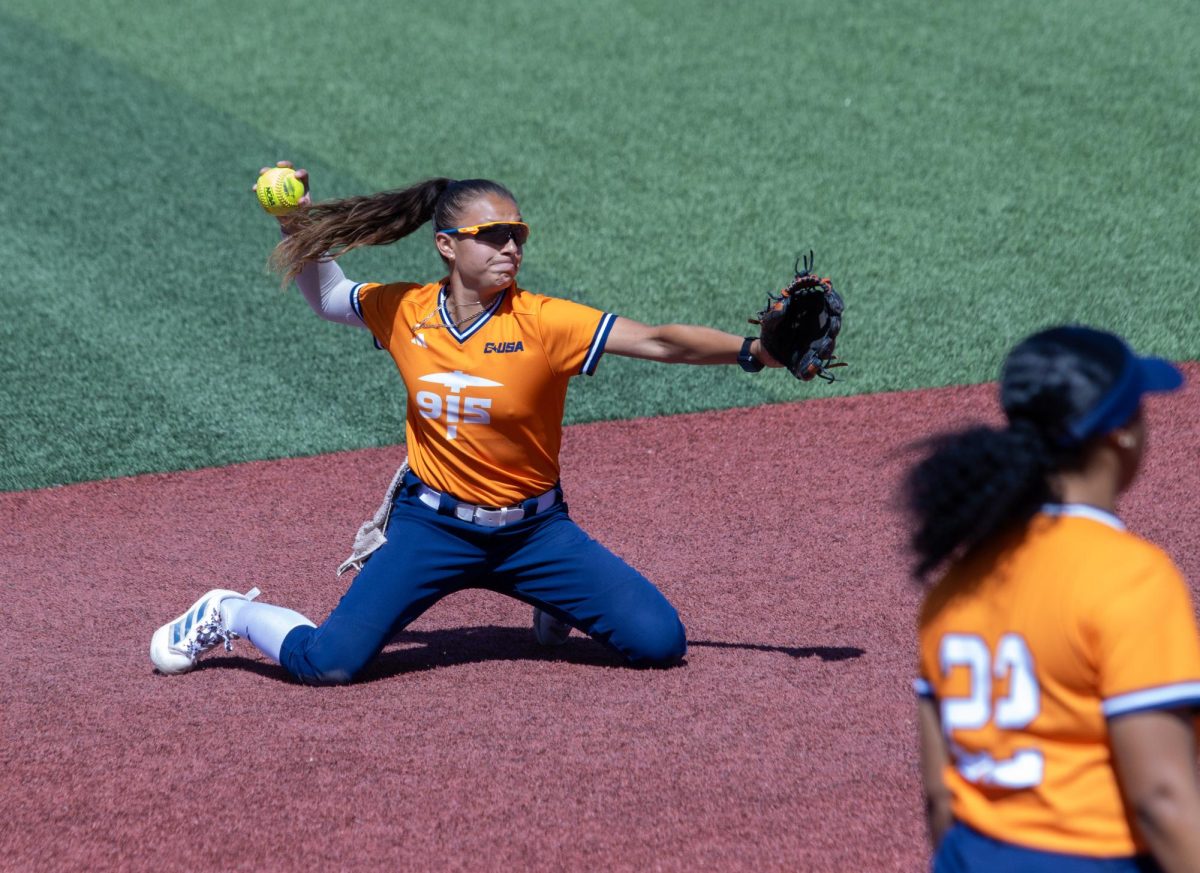Throughout the history of the United States Hispanics, Latinos, Chicanos and Mexicans have suffered from racism, segregation and hate crimes. Many saw their wishes for the “American dream” broken and the lack of support from citizens and governments was evident.
These minorities fought back, they wanted equality and respect, and strikes and protests were one of the many paths they chose to bring attention to the issues affecting them.
In 1968, a group of Chicano students in Los Angeles decided to protest against the unequal treatment in their high schools. They were discouraged from attending college; they were denied their right to speak Spanish and were denied from using the restroom.
As a result, the Chicano students staged walkouts all over LA, and parents and students came together against these injustices. Many suffered from police brutality and public scorn, and others were arrested.
Those young Chicanos made school reforms possible, they were in part responsible for the increase of young Mexicans and Chicanos that later enrolled in universities.
In 1968, Hispanic Heritage Week was started as a celebration in the United States, but it wasn’t until 1988 that President Ronald Reagan expanded the time frame of this celebration.
A law was passed that same year to celebrate Hispanic heritage for one month from mid-September until mid October.
Hispanic Heritage Month celebrates the culture, fights and contributions of Hispanics and Latinos in the United States. It celebrates more than people from Mexican backgrounds. South and Central Americans are also part of this annual celebration.
September 15th was chosen as the initial day of the celebration because five Latin American countries celebrate their independence on that same day, while other countries like Mexico commemorate their independence just few days after the start of the celebration.
Dennis Bixler-Márquez, director of the Chicano Studies Program at UTEP, said that this is a time to celebrate the music, educational and art contributions of all immigrants in the U.S.
According to the Pew Research Center, in 2014 there were at least 55.3 million Hispanics living in the U.S, making Hispanics the 17.3 percent of the total population, a big increase considering that in 1980 there were only approximately 15 million of Hispanics.
Bixler-Márquez said that Hispanics and Latinos are important to the wealth of the nation.
“Hispanics move this country, they’re pushing the American economy, they’re an important part of the labor force,” Bixler-Márquez said. “They’re not necessarily the majority of the vote, but they’re the swing vote and they can make a change if we just vote.”
Bixler-Márquez also said that many of the minorities don’t get recognized in this nation despite their defense of this country in the armed forces.
“They (minorities) have served in the military, they have protected this nation but we don’t hear about them,” Márquez said.
The National World War II Museum at New Orleans estimates that over 500,000 Latinos served in World War II.
Despite the influence and contributions of Hispanics, hate and discrimination is still evident. Bixler-Márquez said there still much more work to do.
“Despite our long-time presence here, we are still seen as the new kid on the block, and we are distrusted and hated, people think that we are taking other people’s jobs,” Bixler-Márquez said. “Your English-speaking media often feels very threated by Hispanic media…the stereotypes against minorities doesn’t let us grow.”
UTEP will be hosting different events for this year’s celebration, one of them being UTEP’s El Grito Ceremony at the Union Plaza on Thursday, Sept. 15 at 11:30 a.m.
Other events will also take place around the city of El Paso. On Sept. 25 El Pasoans will see the Hispanic and Latino culture come to life at the Lincoln Park, where a low-rider car show, food, art exhibits, music and history will be presented.
Bixler-Márquez said the events may hopefully change people’s minds.
“The events allow them to have an opportunity to learn and expand their knowledge on one of the biggest minorities in the United States–teaching younger generations is an important thing that we need to do,” Bixler-Márquez said,
For more information on the events list, contact the Chicano Studies program at 915-747-5462 or by email at [email protected].
Rene Delgadillo may be reached at [email protected].










